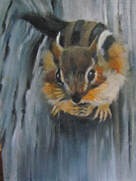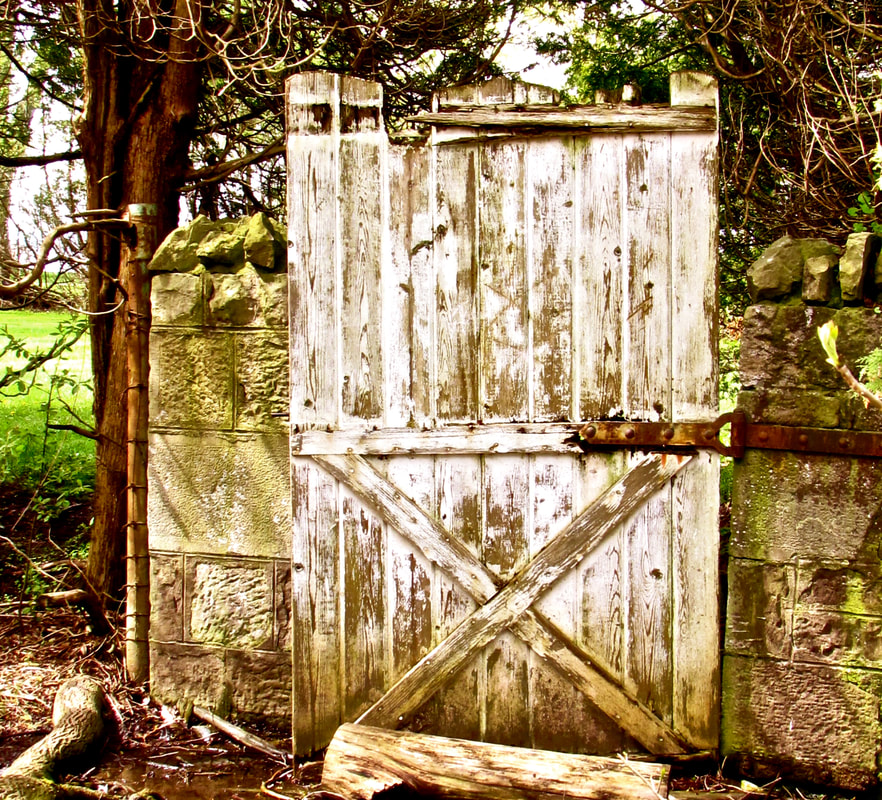The Peace of Wild Things
When despair for the world grows in me
and I wake in the night at the least sound
in fear of what my life and my children’s lives may be
I go and lie down where the wood drake
rests in his beauty on the water, and the heron feeds.
I come into the peace of wild things who do not tax their lives with forethought
of grief. I come into the presence of still water,
and I feel above me the day-blind stars
waiting for their light. For a time
I rest in the grace of the world, and am free.
Wendell Berry
Our world in spring is full of bustle, mine included, and my most peaceful hours are spent gardening, where I catch myself blurting out greetings to the shy friends who have returned. “Welcome back!” goes to the busy girls who hive in the old cedar tree. “Hello, Gorgeous,” I tell the chippie who has parked himself under the feeder. And “Hope you ate all our grubs” is my mumbled message to the gentle skunks who visit at night, leaving a toppled path of divots across the lawn. I say nothing to the mourning doves who have established a new nest high in the climbing euonymus; they prefer not to draw attention to themselves but we do nod civilly and they know I wish them well.
The wonderful collection of essays titled Hope beneath our Feet: Restoring our Place in the Natural World reminds me that it is not only the natural world which gives me hope but also the “ordinary people willing to confront despair, power and incalculable odds in order to restore some semblance of grace, justice, and beauty to this world.” Paul Hawken goes on to quote Adrienne Rich, who wrote “So much has been destroyed/ I have cast my lot with those / who, age after age, perversely, with no extraordinary power, / reconstitute the world.” Good to be reminded where we too should cast our lot -- with like-minded citizens. But tending our gardens and welcoming our wild neighbours is a great way to get into the mood.


 RSS Feed
RSS Feed
